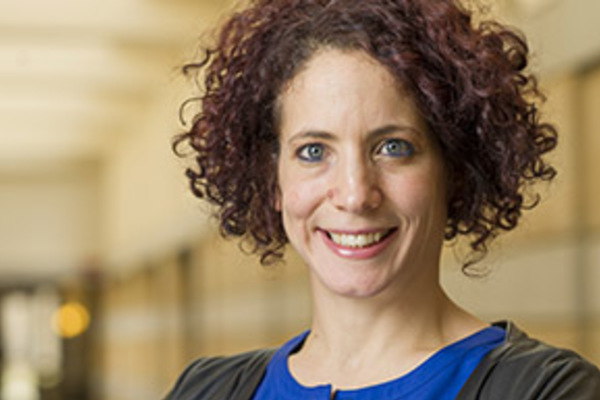Full review can be found at the Journal of the American Academy of Religion
Saba Mahmood’s Religious Difference in a Secular Age examines how the institution of the modern secular liberal nation-state has impacted and transformed the regulation of religious difference in Egypt. Unlike the mythology of the modern liberal nation-state as a framework that enables the resolution of conflict based on religious identification, the discourse of state secularity undergirds and at times even intensifies interreligious conflict. Mahmood’s thesis likewise rejects the tired Orientalist lens that attributes the plights of minorities in the Middle East to Islamic values and principles as supposedly inhibiting the development of full-blown secularism. Instead, Mahmood’s book redirects attention to the very paradoxes and logic inherent in the institution of the modern secular liberal state (an analysis of the “nation”—the authorizing narratives of identity—is bracketed in favor of a focus on the “state”). Hence, Religious Difference in a Secular Age constitutes the most recent installment in the growing subfield of “secularism studies.” Yet, at the same time, the book also demonstrates the limits of these studies.

